The Next Steps Forum featured Attorney Nicole Joseph, with Nicole Joseph Law who provided attendees with an overview of special education law and rights under both the Individuals with Disabilities Education Act and the Rehabilitation Act (Section 504). Ms. Joseph covered the special education process including identifying a disability; school system and outside evaluations; developing IEPs; reviewing progress; and options when there is disagreement and also included specific advocacy strategies for students with learning disabilities like dyslexia.
The next presentation, by Laura Schultz, Parent and Decoding Dyslexia Maryland State Leader, provided an overview of the Maryland State Department of Education Technical Assistance Bulletin on Dyslexia, Dysgraphia and Dyscalculia. She provided information on how interested families and teachers can use this document to ensure that students are identified and receive instruction and accommodations for success in school. See the Facts Sheets page for more resources for families and schools.
Amy Siracusano, Literacy Integration Specialist, Calvert County Public Schools explained to attendees exactly what early effective instruction should look like. Ms. Sircusano is a firm believer in making sure teachers are trained using structured literacy to teach all students how to read using diagnostic and prescriptive approaches to teach foundational reading skills.
Laurie Moloney, CALT, DCIDA President explained what effective instruction would look like for a student with dyslexia and said that the more severe the dyslexia, the more comprehensive and intensive the intervention typically must be. She provided an overview of the specific elements of instruction that can dramatically improve outcomes for severely dyslexic students who struggle even after receiving a targeted intervention, including those considered to be Orton-Gillingham-based.
About the Presenters:
Nicole Joseph: Nicole provides legal representation for children with disabilities in the special education process from eligibility and IEP development through administrative hearings. She is also the proud parent of an amazing dyslexic child.
Amy Siracusano is a Literacy Integration Learning Specialist in Calvert County Public Schools and a teacher member of Decoding Dyslexia
Laurie is an academic language therapist in private practice serving moderately to severely dyslexic students.
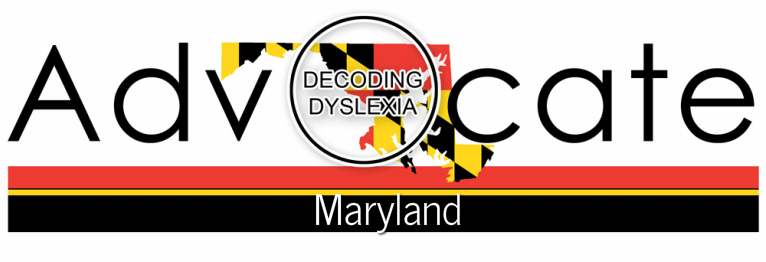
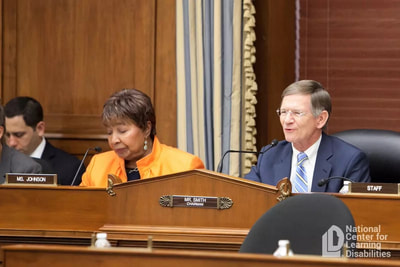
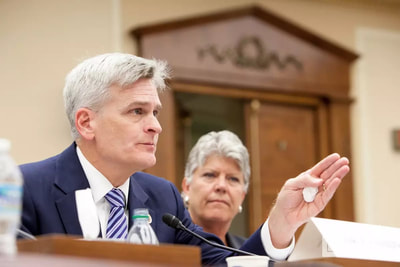
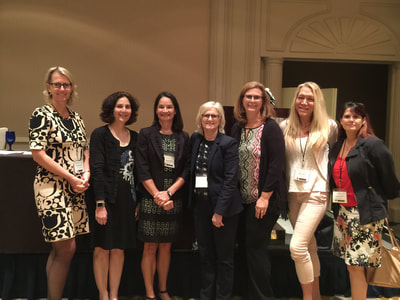
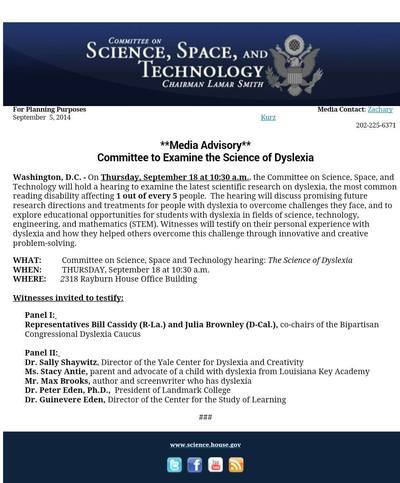
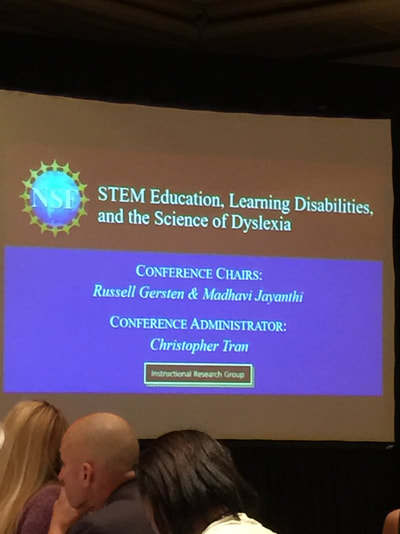
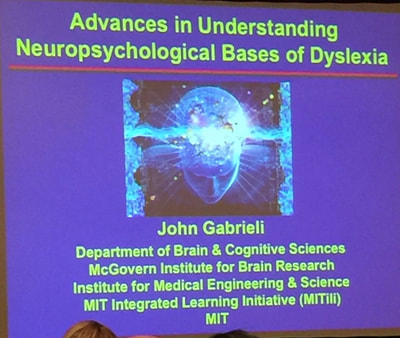
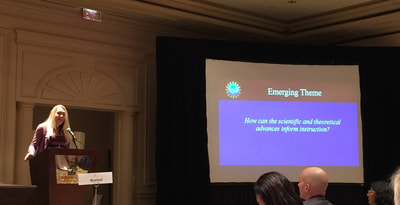
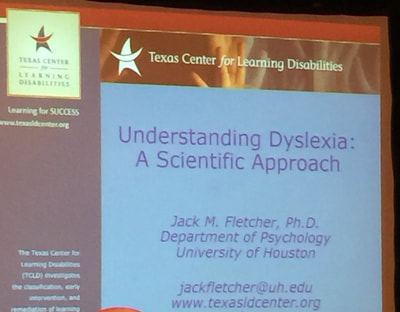
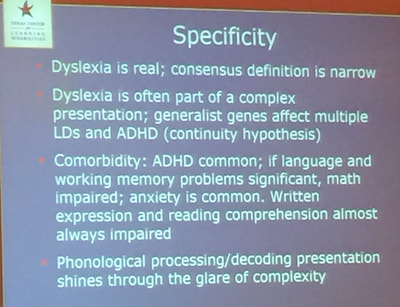
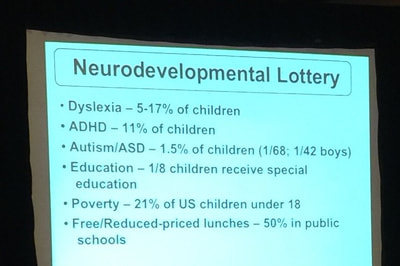
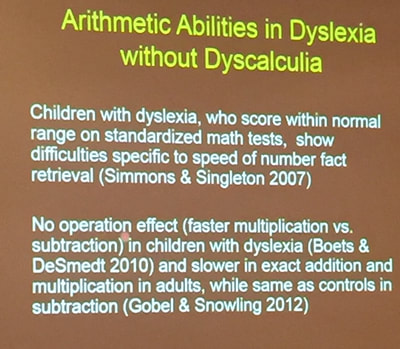
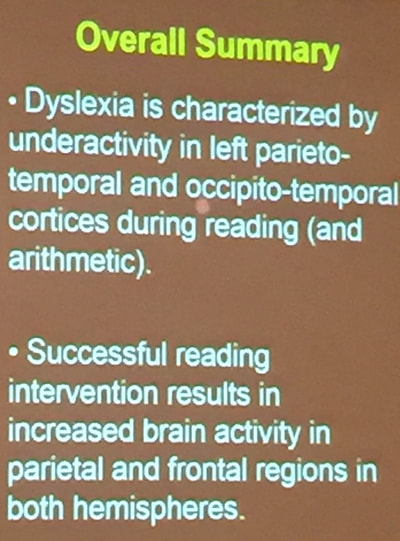
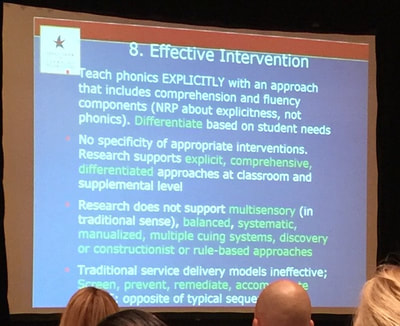

 RSS Feed
RSS Feed